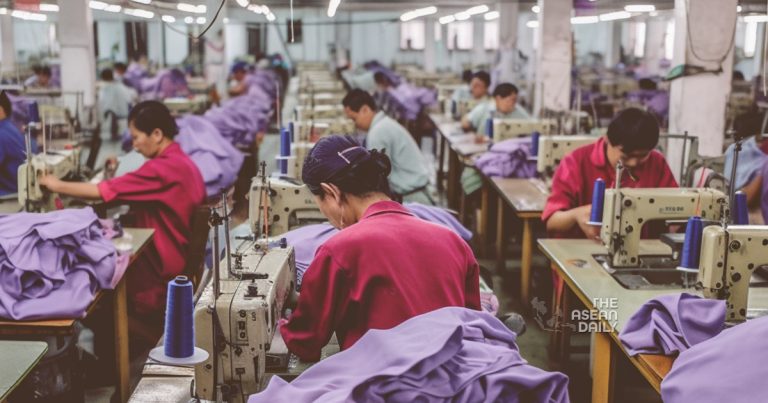10-8-2023 (HANOI) The National Wage Council recently held its first meeting to discuss the adjustment of the minimum wage, and it has been agreed in principle that the minimum regional wage will be increased in 2024. The meeting, which took place yesterday, involved three major stakeholders: the Vietnam Chamber of Commerce and Industry (VCCI) representing businesses, the Ministry of Labour, Invalids and Social Affairs (MOLISA) representing the government, and the Vietnam General Confederation of Labor (VGCL) representing employees.
While there was a consensus among all parties that the minimum wage should be raised, the final decision regarding the amount and timing of the increase has been postponed until the next meeting in November 2023. This decision comes in the wake of a struggling economy, which has resulted in half a million workers becoming unemployed. Additionally, the Consumer Price Index (CPI) has risen by 3.29 percent, and inflation has increased by 4.74 percent compared to the same period in 2022.
Lê Đình Quảng, Deputy Director of Legal Policies at VGCL, stated that although the meeting did not yield a conclusive agreement on the specifics of the raise, a vote was taken to organize another meeting at the end of the year for further negotiations.
During the negotiations, VGCL proposed a 6 percent increase in the minimum wage, which would translate to a minimum raise of VNĐ195,000 (US$8.21) for Region IV and VNĐ280,000 (US$11.79) for Region I.
The VGCL’s request is supported by a study conducted in 2023, which revealed that the average monthly income of workers is a mere VNĐ7.88 million (US$330). In contrast, their monthly expenses have increased to approximately VNĐ11.7 million (US$500), representing a 19 percent rise compared to 2022. The surge in expenses can be attributed to escalating costs, particularly in electricity and water.
Quảng emphasized that he understands the concerns of businesses facing low orders and job cuts. However, he believes that the minimum wage should still be increased in 2024 to prevent a decline in workers’ actual salaries. Nevertheless, the raise should be carefully assessed to ensure that businesses can afford it.
Hoàng Quang Phòng, Deputy Director of VCCI and representative of businesses, acknowledged the necessity of raising the minimum wage but expressed the current impossibility of implementing such adjustments. Given the challenging economic circumstances, preserving jobs and orders is of paramount importance for many struggling businesses.
Typically, minimum wage negotiations span over two or three meetings before a final decision is reached.
The regional minimum wage serves as the baseline for negotiations and wage payments for laborers. It applies to individuals working within the parameters of the Labor Code’s employment contract framework, as well as those employed by enterprises, cooperatives, farms, households, and other Vietnamese organizations. It also extends to foreign organizations and individuals employing workers in Vietnam.
In July 2022, the monthly minimum wage saw an additional 6 percent increase.




